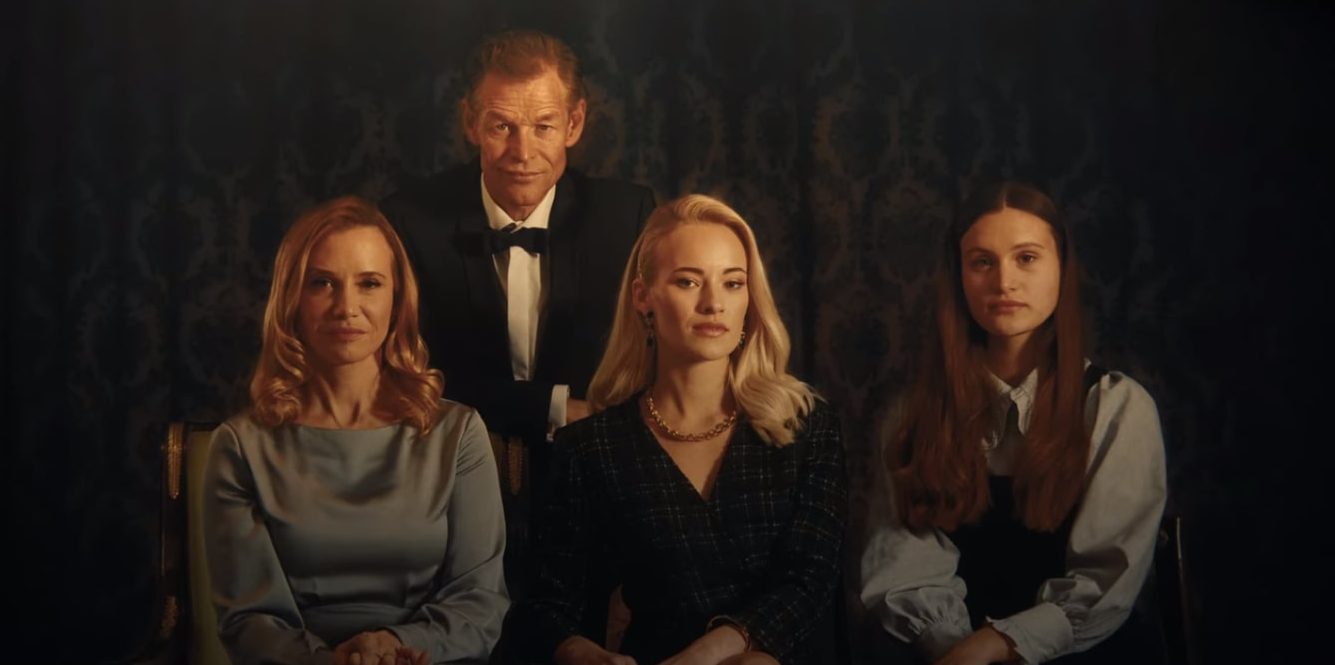Developed by Vitus Reinbold and Niko Schulz-Dornburg, the young adult revenge thriller series ‘Kitz’ shows the true grit under the glitter of elite life. The story revolves around Lisi, who, after losing her brother in an accident, attempts to exact vengeance on Vanessa, a wealthy social icon who spends the holidays partying at her chalet in Kitzbühel. Vanessa had a relationship with Joseph, Lisi’s brother. Lisi holds her responsible for Joseph’s death.
Now, with her friend Hans, Lisi attempts to break into the inner circle of Vanessa, alienating her from her friends in the process. Lisi’s stint at living a double life spirals out of control. However, the truth about Jacob’s death is yet to come out. Valerie Huber essays the role of Vanessa against Sofie Eifertinger as Lisi. However, you may seek to know whether the story has a realistic basis. If that is the situation, let us end your doubt.
Is Kitz a True Story?
No, ‘Kitz’ is not based on a true story. The series does not claim to be based on a truthful event. But a first glance warrants that the story is amply and suggestively charming in its gloomy exploration of the human psyche. The tale, created by Vitus Reinbold and Niko Schulz-Dornburg, is entirely fictional. This series is Reinbold’s first outing as a writer, while Schulz-Dornburg has the TV series ‘Just Push Abuba’ and an episode of ‘Biohackers’ in his bag.

The series unfolds through the first person point of view of Lisi, who remains an unreliable narrator. She had an offer to join the fashion designing course at the prestigious Saint Martins College. However, Joseph’s untimely demise placed a curtain on her dreams. Now, she plans an elaborate heist to exact revenge on Vanessa, the possible agent of his brother’s death. The holidays arrive as the day of Joseph’s death – the year comes full circle. Lost in the fog, Lisi is planning to topple down the queen.
The tale contains a lot of usual tropes to cater to the masses but remains bold enough to traverse them. The story may have diverse influences. We show glimpses of popular paradigms like ‘One Tree Hill’ and ‘Pretty Little Liars.’ A girl from a modest upbringing mixing up with the who’s who of their social circles for personal agendas is a hackneyed trope popularized by ‘Mean Girls.’ However, the intricate storytelling and the snowy backdrop of the Austrian Alps keep the story refreshing.
The story unfolds in the famous ski resort town of Kitzbühel. Moreover, the very nature of the city forms the core of the story. The city has become a popular destination in the summer for its stunning location amidst the Alps. You may not know that a niche present-day global trend entails migrations from lowlands to mountainous regions and from cities to villages and rural towns. The nature of such amenity migration allows you to buy a second housing unit out of your home for security, seclusion, and a nice view.
The Alpine mountains have seen these migration rates rising steadily, causing gentrification in some locales, suggests Ernst Steinicke’s research. If the influx is high, the price of the land goes up. The natives cannot afford to buy land, while tourism and other establishments take away the plots. Professor Steinicke has named this phenomenon the Kitzbühel effect, after the town. Therefore, while the story is not based on reality, it has quite a realistic foundation.
Read More: Kitz Ending Explained


You must be logged in to post a comment.